This article was underwritten in part by the Mickey Flacks Journalism Fund for Social Justice, a proud, innovative supporter of local news. To make a contribution go to sbcan.org/journalism_fund.

Nancy McCradie met me on a sunny afternoon at Joe’s Cafe on State Street. An animal-lover and longtime pet owner, she let me bring my dog, Coco. He patrolled the perimeter of our table (all 12 pounds of him) as we split a sandwich for lunch and talked about her new memoir, A Meeting in the Rain: Tales of Multigenerational Homelessness and the Struggle for Homeless Rights in America.
“This book is a call for compassion and decriminalization…a push for affordable housing for everyone,” McCradie writes in her introduction.
McCradie is a longtime activist and former homeless person, who for decades has worked to raise awareness about the treatment and protect the rights of homeless people. That includes actively engaging the Santa Barbara community, including protesting, working with the city, volunteering, and working with programs supporting homeless people.
Throughout the book, she tells stories with the compassion she calls for; every character brims with humanity.
“There’s always good in everybody, believe me, even if they don’t know it themselves,” McCradie told me. “Maybe they have to just find it.”
A Meeting in the Rain spans decades. We start when McCradie, an infant, lived with her parents in their Buick in 1946. In the book, McCradie includes the letter her mother wrote to the Santa Barbara News-Press, advocating for housing for veterans and highlighting the lack of affordable options in the area. It wasn’t until the 1980s, after McCradie had sent her own piece advocating for affordable housing to the News-Press, that her mother showed her the letter.
“I realized that housing issues were not a new occurrence in our city,” McCradie writes, “and that solutions from history could potentially be used to solve modern-day problems.”
McCradie takes us through her childhood and life in towns around California. Her dad worked as a music teacher and for years contended with a low salary at different schools. Eventually, a job at La Cumbre Junior High School in Santa Barbara opened up and the family settled back in town.
From there, we follow her into adulthood and learn how living in her vehicle becomes the means by which she can secure a stable roof over her head for her and her son.
“I decided that it would be more educational than anything else just to see how a certain middle-class American can fall into homelessness, which was me,” she said.
After graduating from San Marcos High School, McCradie took college classes at Santa Barbara City College and worked at a car wash to help her parents with their mortgage payment. As a young woman, she entered into an abusive relationship that left her isolated from her family and unemployed. McCradie detailed how she eventually left this relationship, and as she regained her independence, worked delivering newspapers for several publications. She did this for decades, but supporting herself with the job, which required extremely early mornings, made schooling at City College too difficult for her to keep up.
Later, McCradie met and married a coworker. Soon, however, she found herself supporting her husband, who had become an alcoholic, and their young son. We read how rents rose around her as she worked for relatively low pay. Eventually, after several moves, McCradie lived in cockroach-infested apartments with her husband, whose drinking dried up the money, made him mean, and caused fighting between them. She realized the environment was harming both her and her son; she needed to leave. She stayed with her friend and her parents for a while and tried to save money. McCradie said she liked her job because it allowed her to care for her son, but its wages did not keep up with housing costs. She realized the most sustainable place she could afford was a camper.
As we progress to the second half of the book, McCradie introduces us to her advocacy work, and the stories that come with it, from her time as secretary/treasurer of the Homeless Peoples Association, to her work with her second husband Protest Bob (named because of his involvement with numerous protests, including for homeless rights) to raise awareness about homeless people’s lack of voting rights, to her walk across the United States to create media exposure on the fight for homeless rights.
The book does not shy from the realities of life without an address, discussing harassment from the police, the loss of friends due to mental health struggles (and the sometimes substance abuse that came with it), and violence against homeless people.
“It wasn’t easy,” she said. “I suffered from lack of sleep. I suffered because of what the cops were doing to me. [I was] always scared that somebody was taking my little boy [her son] away from me, all that kind of stuff.”
The criminalization of homelessness is a central theme: McCraide’s book gives numerous examples of how she, who lived in her RV, and other homeless individuals were chased out of vacant lots and friends’ driveways by the police for lacking a permit to spend the night.
But McCradie’s book also reflects the joys found in community – human connection, art, sharing with others, making lasting change. In one part of the story, McCraide describes a “protest party” she and Protest Bob organized at Pershing Park, with games, musicians, and a best and worst dressed contest.

“I thought it was an adventure myself,” McCradie said of her life in her RV. “Nobody wants to admit to that, but I thought it was the most fun I’ve ever had my whole life, because I was able to become creative. I was able to push back the cops,” she said. She said that along with other homeless people, she created street theater and educated others about homelessness.
Some stories McCradie told me over lunch didn’t make it into the book. That included her efforts that helped decriminalize sleeping in public in Santa Barbara.
McCradie describes receiving tickets from the police for sleeping outside. Of course, those without a home need to sleep and have no private property to do so. So McCradie and her friends decided to do a “dummy sleep in.”
“In this case, we decided to quietly put all these dummies on [the] City Hall porch with a protest sign up in front and put blankets over them,” McCradie said.
When the police came, they tried to order the dummies to move. With no response, one cop headed to the front of City Hall.
“When the cop had to get out of this car, walk up the steps very slowly, and pull the blanket back. And the word dummy [written on the back of the mannequin] slaps him in the face,” McCradie told me.
Through protest efforts, along with advocacy through local government, the city changed the rule to distinguish between sleeping outdoors and camping outdoors in public.
McCradie argues, through her book, for the need for affordable housing, demonstrating how its lack impacts homelessness. She describes how, over the ’70s and ’80s, small units, like cottages or affordable motels, closed, pushing more people onto the streets.
Today the city, county, and state push to build more housing. But there remains a lack of affordable options in the area, with more than 17,000 low-income people in the county without access to an affordable home, according to the California Housing Partnership.
McCradie says that often money directed at homelessness doesn’t target affordable housing units as much as it invests in interim housing, which isn’t solving a root problem.
“I have a hard time with the fact that we steer away from affordable housing and we put up things like shelters, interim housing,” she said, “and that all the money goes to support those projects when it really isn’t solving homelessness.”
She says she supports a Housing First model approaching homelessness, which advocates for giving shelter.
Informed by her life experience and advocacy work, McCradie offers suggestions in A Meeting in the Rain on how to help the homeless, such as enabling the homeless to educate the public, creating safe sleep areas, linking housing resources to mental health resources, providing more safe places to park vehicles all day, and more.
It can be easy for those of us who have never been homeless to talk about homelessness as a concept, or a problem. In A Meeting in the Rain, McCradie guides her reader in seeing that humanity is in all people, centering people at the center of those discussions. For this, the book is unique, insightful, and connective. Ultimately, A Meeting in the Rain encourages us to recognize the humanity in its peoples, all of its people.
A Meeting in the Rain is currently available for purchase on Amazon.
Premier Events
Sun, Jan 25
11:00 AM
Santa Barbara
CANCELED – 18th Annual Santa Barbara Community Seed Swap – CANCELED
Thu, Jan 22
3:00 PM
Santa Barbara
Grand Opening at Ghirardelli Chocolate & Ice Cream
Thu, Jan 22
6:30 PM
Santa Barbara
Boogie for our Bodies
Sat, Jan 24
7:30 PM
Santa Barbara
Sweet Home Santa Barbara-The Doublewide Kings
Sat, Jan 24
7:30 PM
Santa Barbara
Billy F Gibbons and the BFG Band
Sun, Jan 25
11:00 AM
Santa Barbara
CANCELED – 18th Annual Santa Barbara Community Seed Swap – CANCELED
Mon, Jan 26
6:30 PM
Santa Barbara
Lucinda Lane Returns to SOhO
Tue, Jan 27
7:00 PM
Santa Barbara
CWC Docs: Pistachio Wars
Wed, Jan 28
5:30 PM
Santa Barbara
The Astonishing Tale of Ludmilla and Thad Welch
Fri, Jan 30
6:00 PM
Santa Barbara
Friday Night Supper Club at Tyler x Lieu Dit
Fri, Jan 30
7:00 PM
Santa Barbara
Folk Orchestra of Santa Barbara Medieval Concert – El Presidio Chapel
Sun, Jan 25 11:00 AM
Santa Barbara
CANCELED – 18th Annual Santa Barbara Community Seed Swap – CANCELED
Thu, Jan 22 3:00 PM
Santa Barbara
Grand Opening at Ghirardelli Chocolate & Ice Cream
Thu, Jan 22 6:30 PM
Santa Barbara
Boogie for our Bodies
Sat, Jan 24 7:30 PM
Santa Barbara
Sweet Home Santa Barbara-The Doublewide Kings
Sat, Jan 24 7:30 PM
Santa Barbara
Billy F Gibbons and the BFG Band
Sun, Jan 25 11:00 AM
Santa Barbara
CANCELED – 18th Annual Santa Barbara Community Seed Swap – CANCELED
Mon, Jan 26 6:30 PM
Santa Barbara
Lucinda Lane Returns to SOhO
Tue, Jan 27 7:00 PM
Santa Barbara
CWC Docs: Pistachio Wars
Wed, Jan 28 5:30 PM
Santa Barbara
The Astonishing Tale of Ludmilla and Thad Welch
Fri, Jan 30 6:00 PM
Santa Barbara
Friday Night Supper Club at Tyler x Lieu Dit
Fri, Jan 30 7:00 PM
Santa Barbara

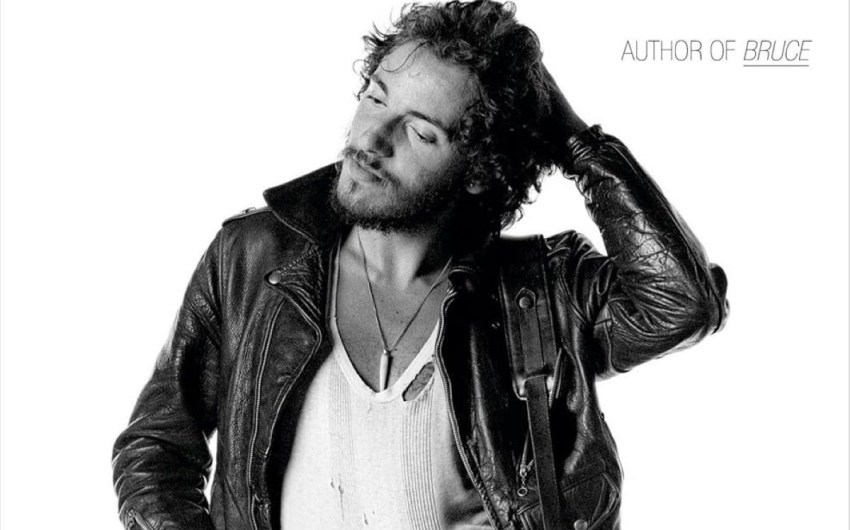
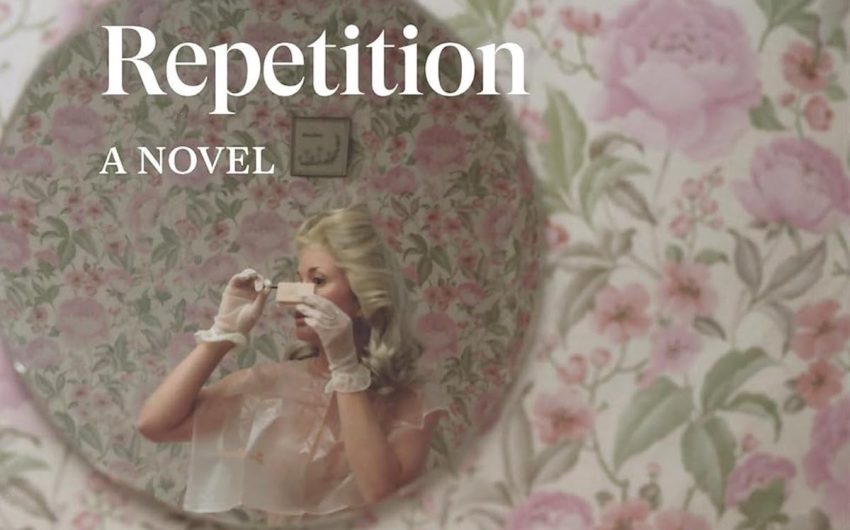

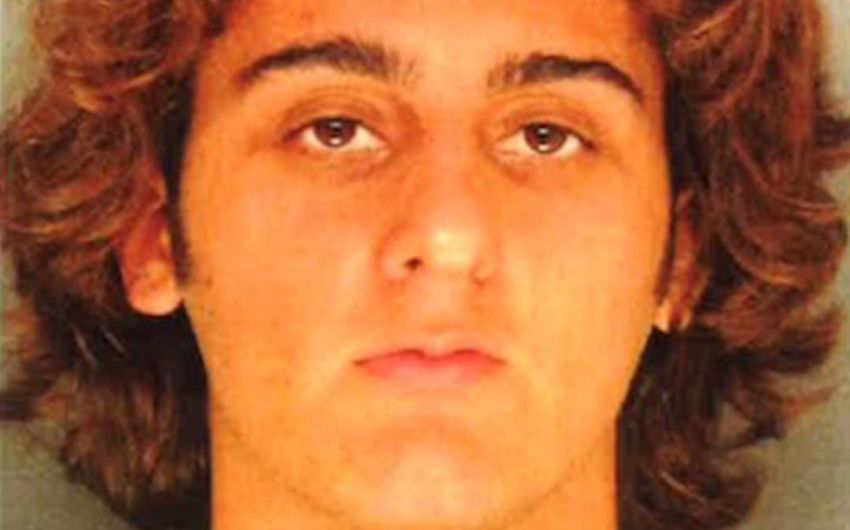
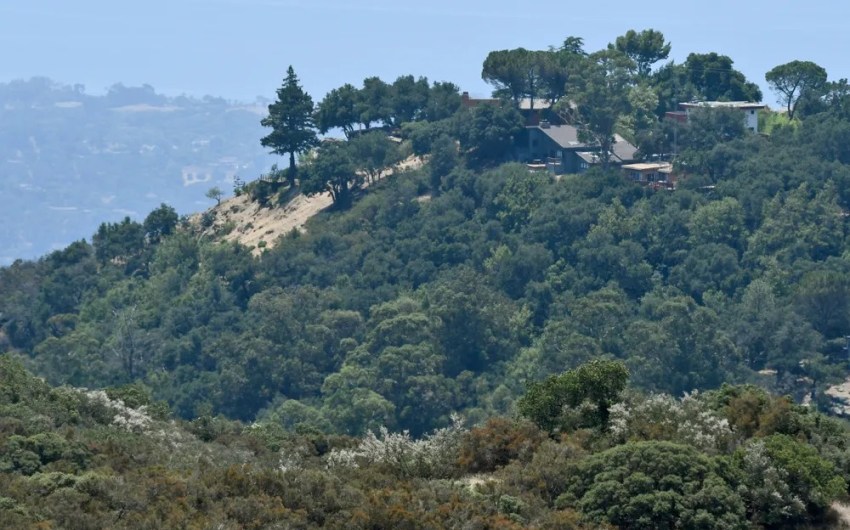

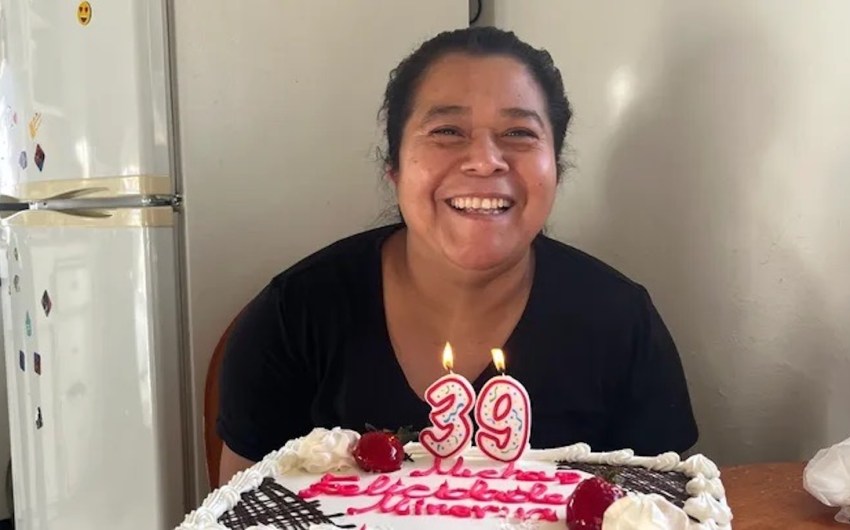
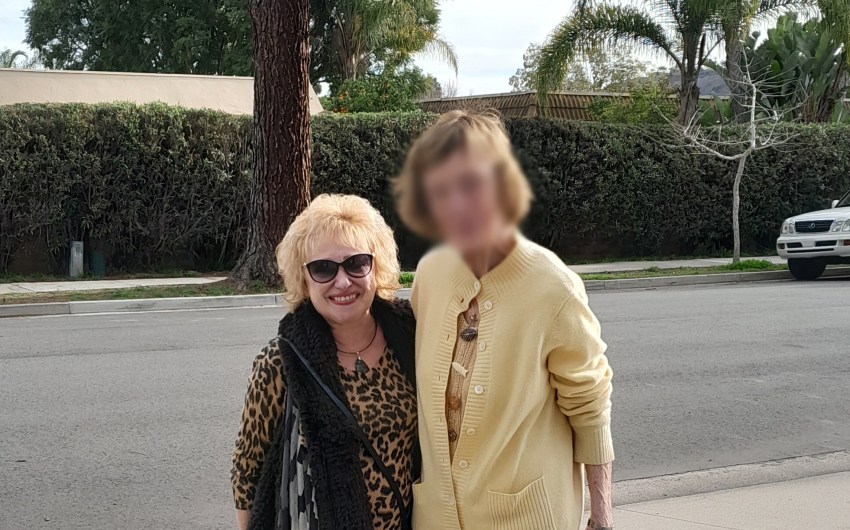
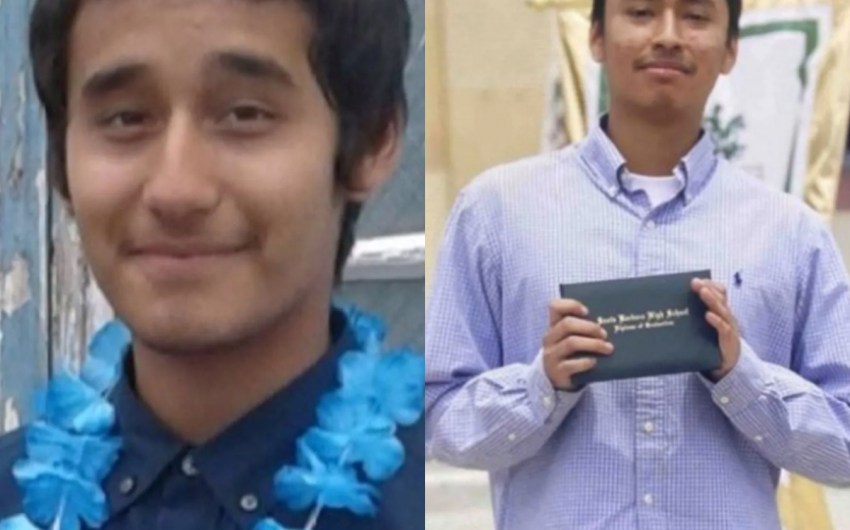

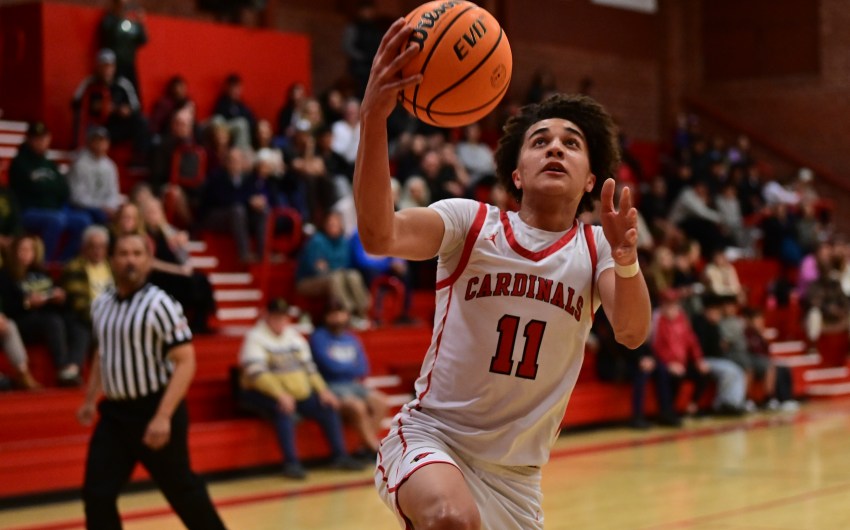
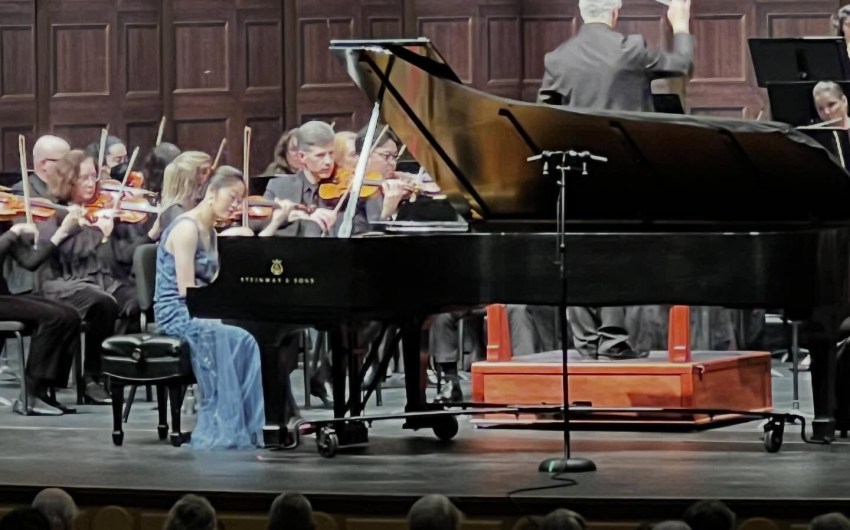
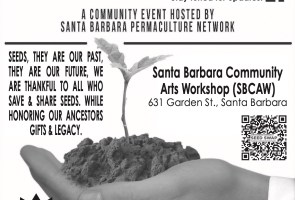



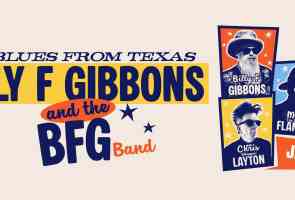
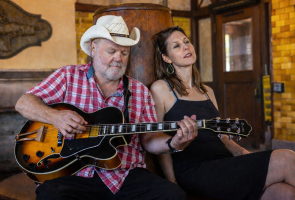
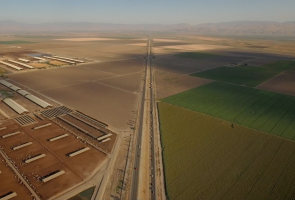
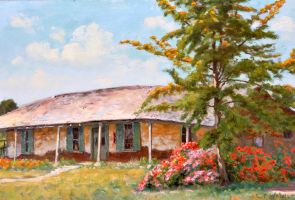
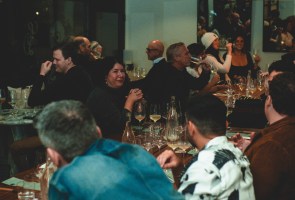
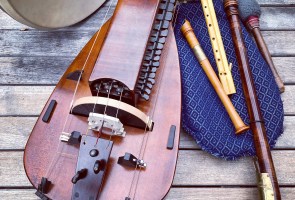
You must be logged in to post a comment.